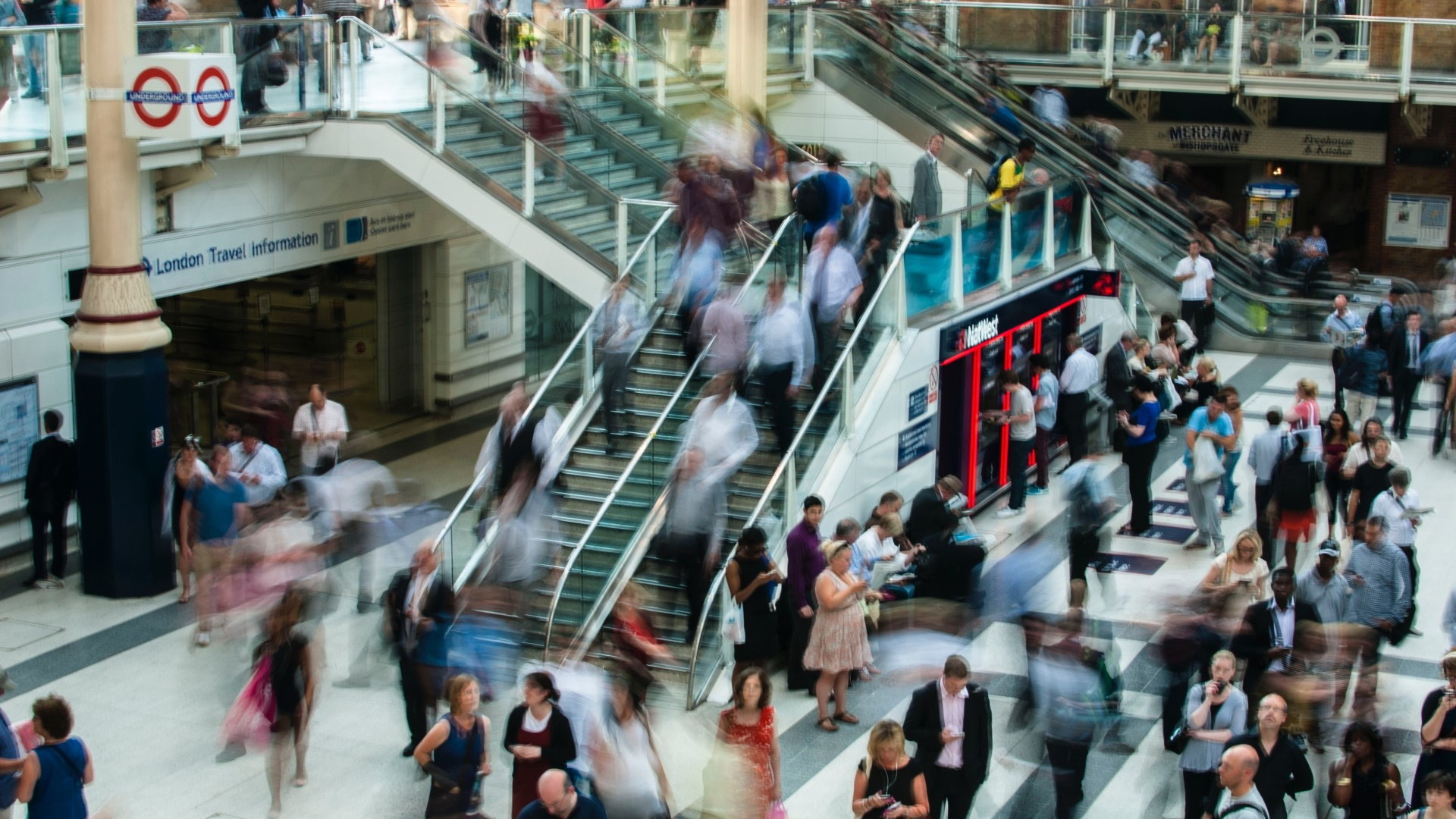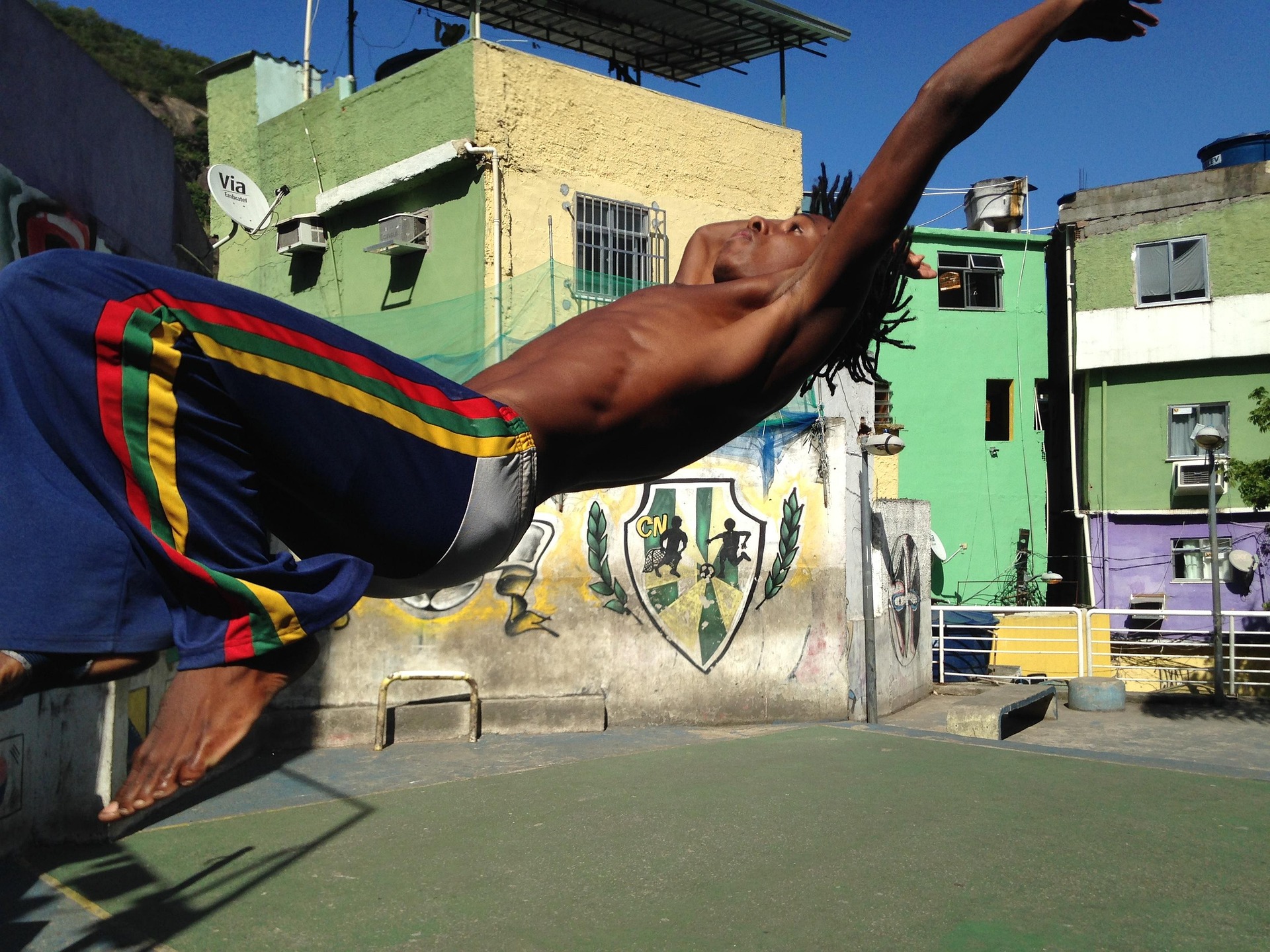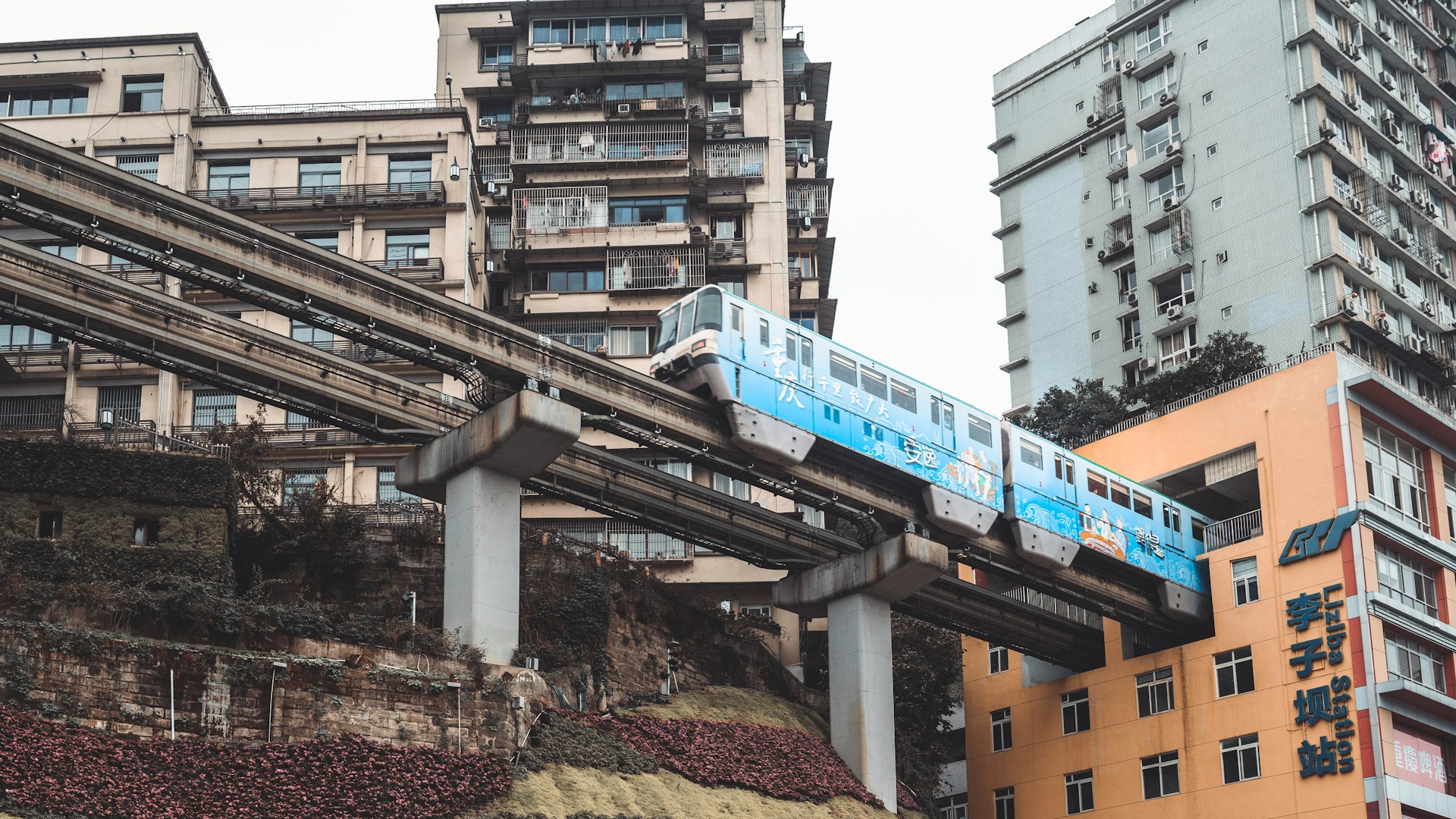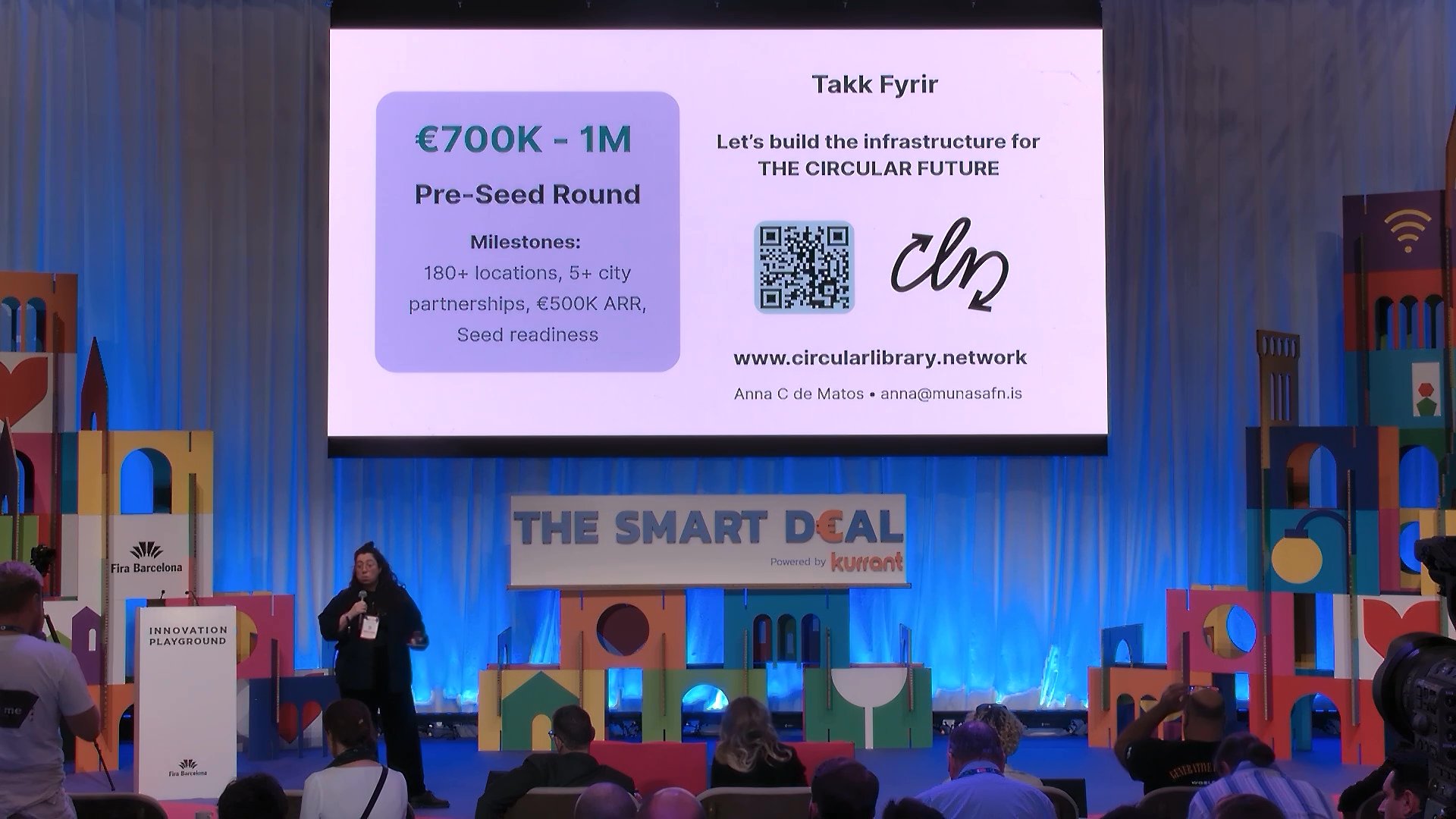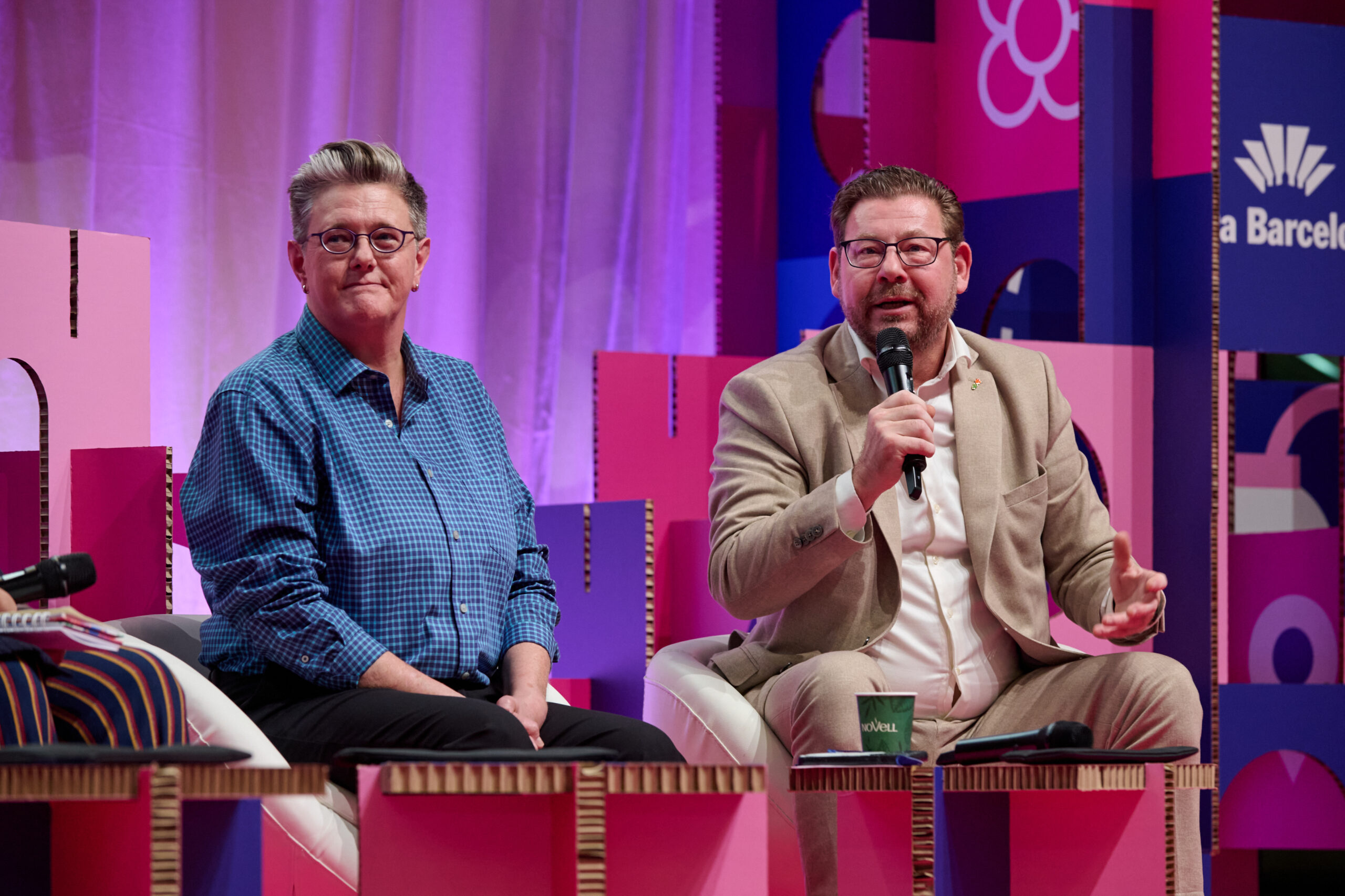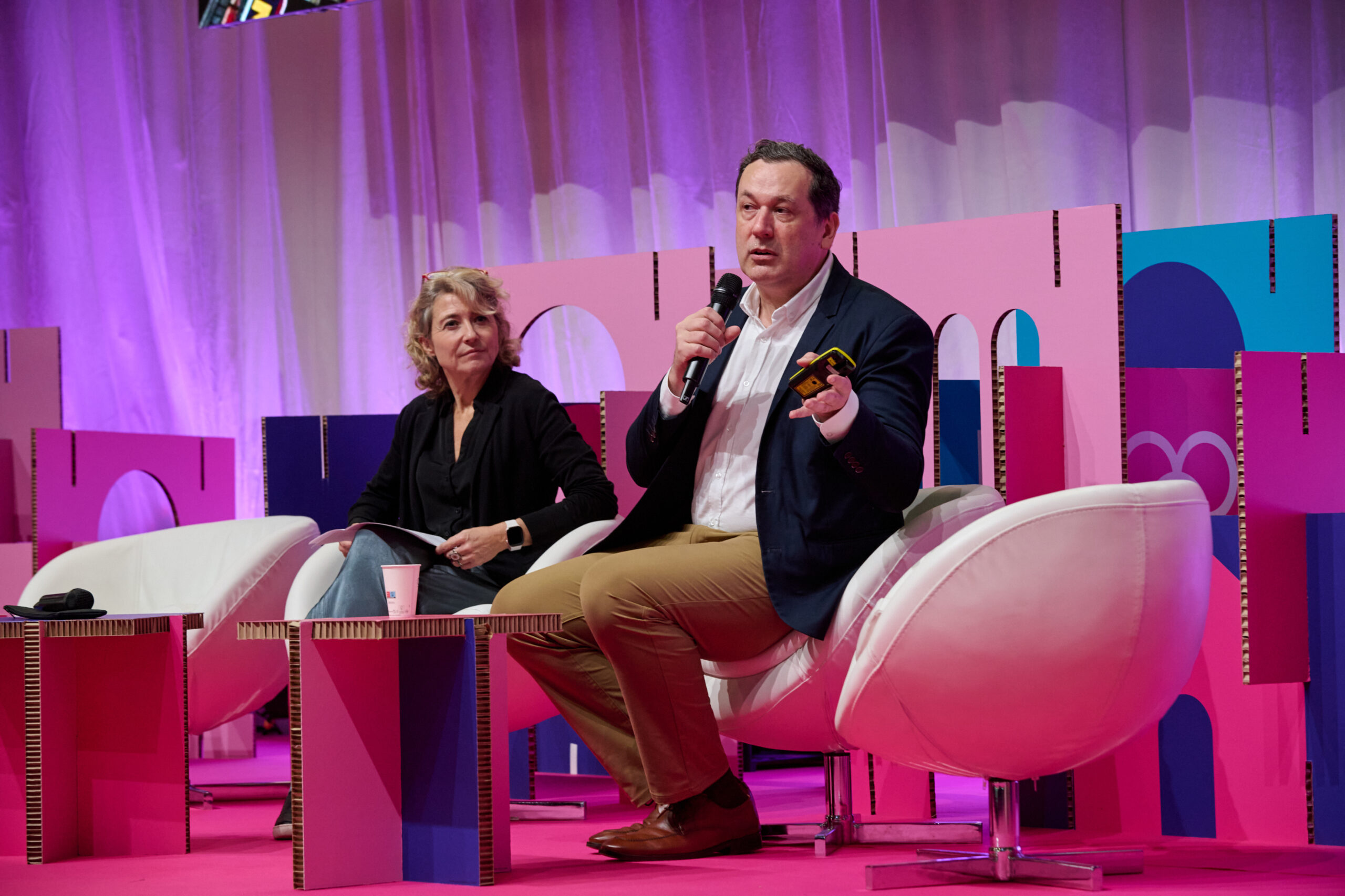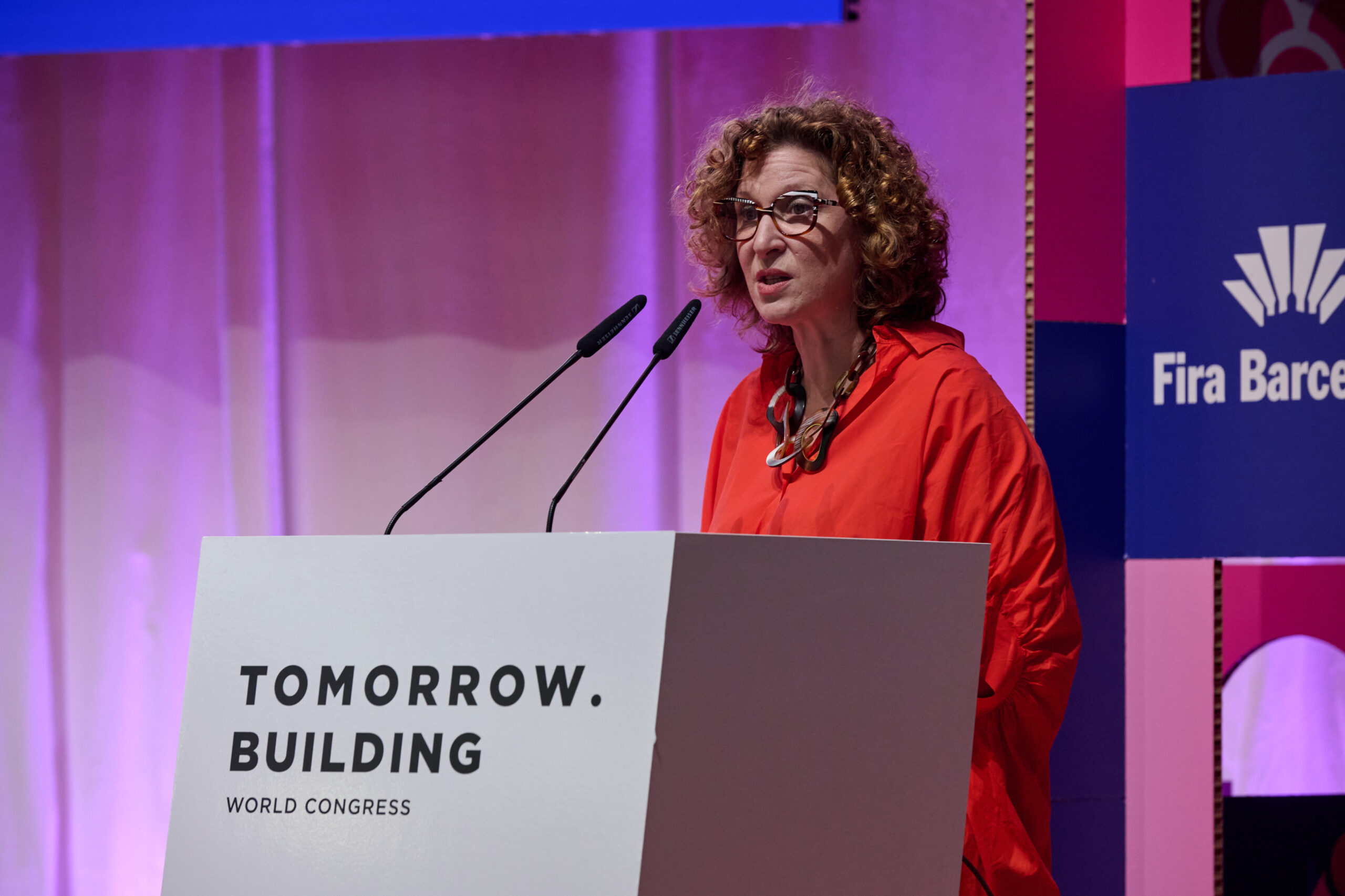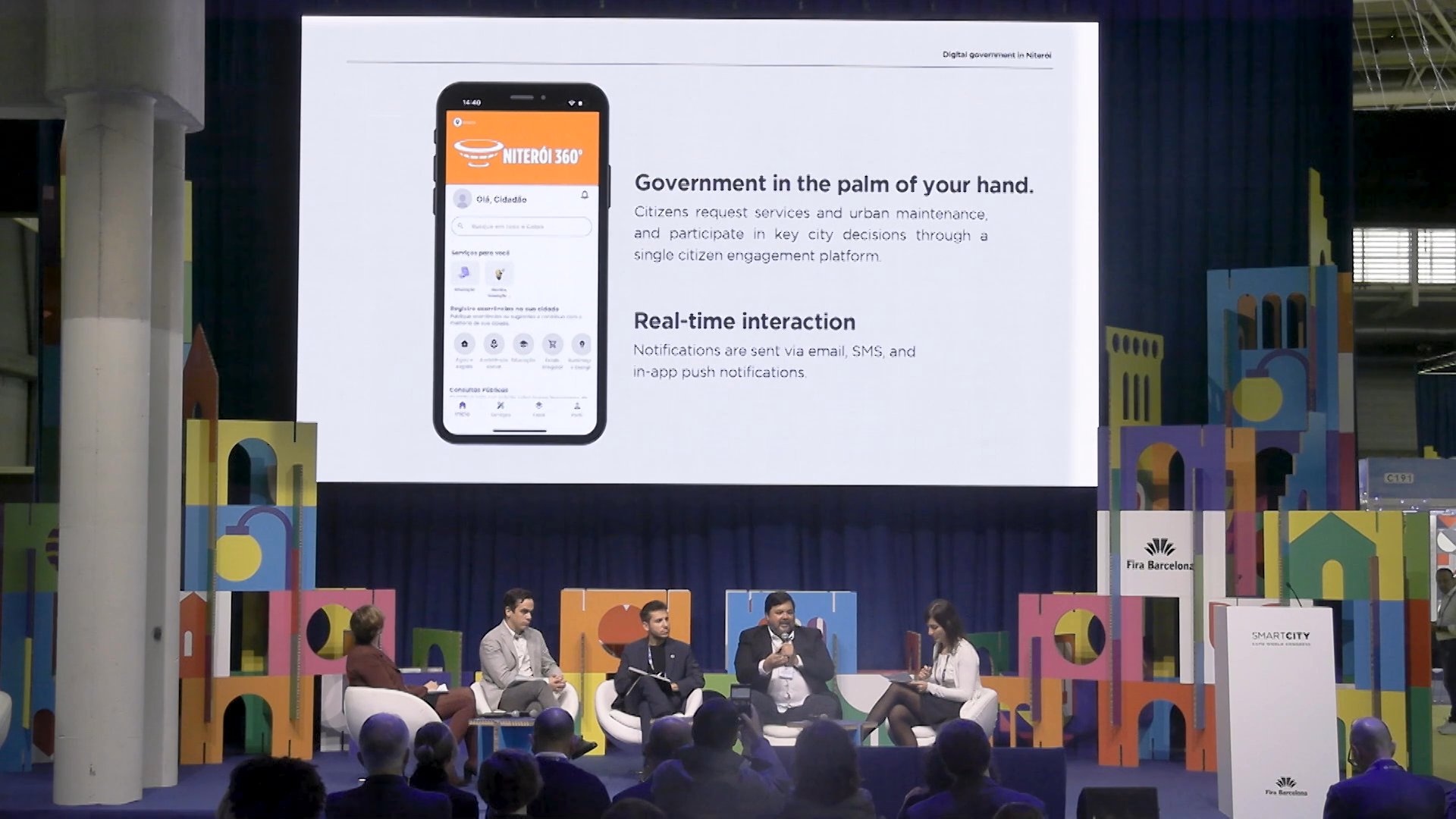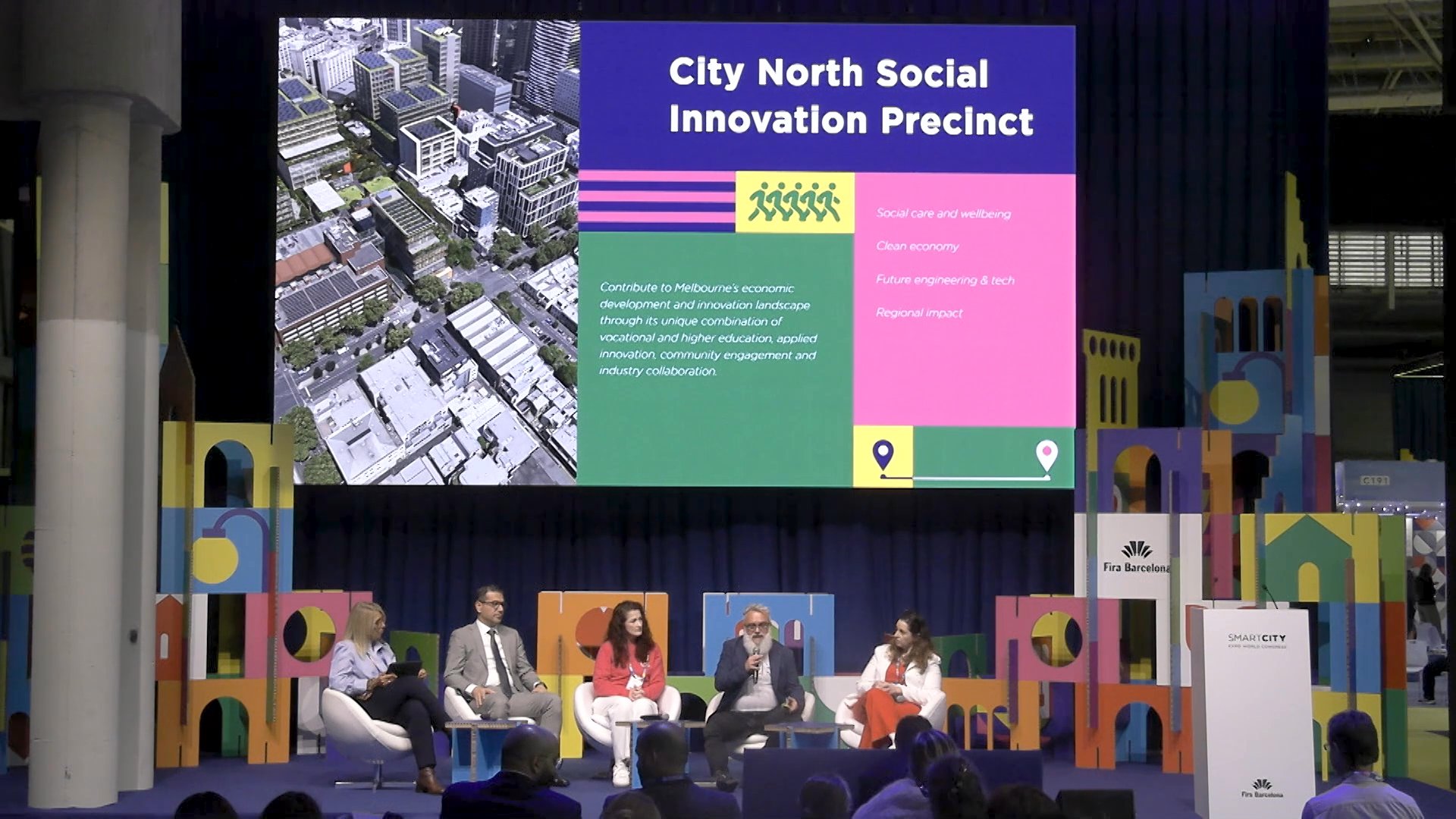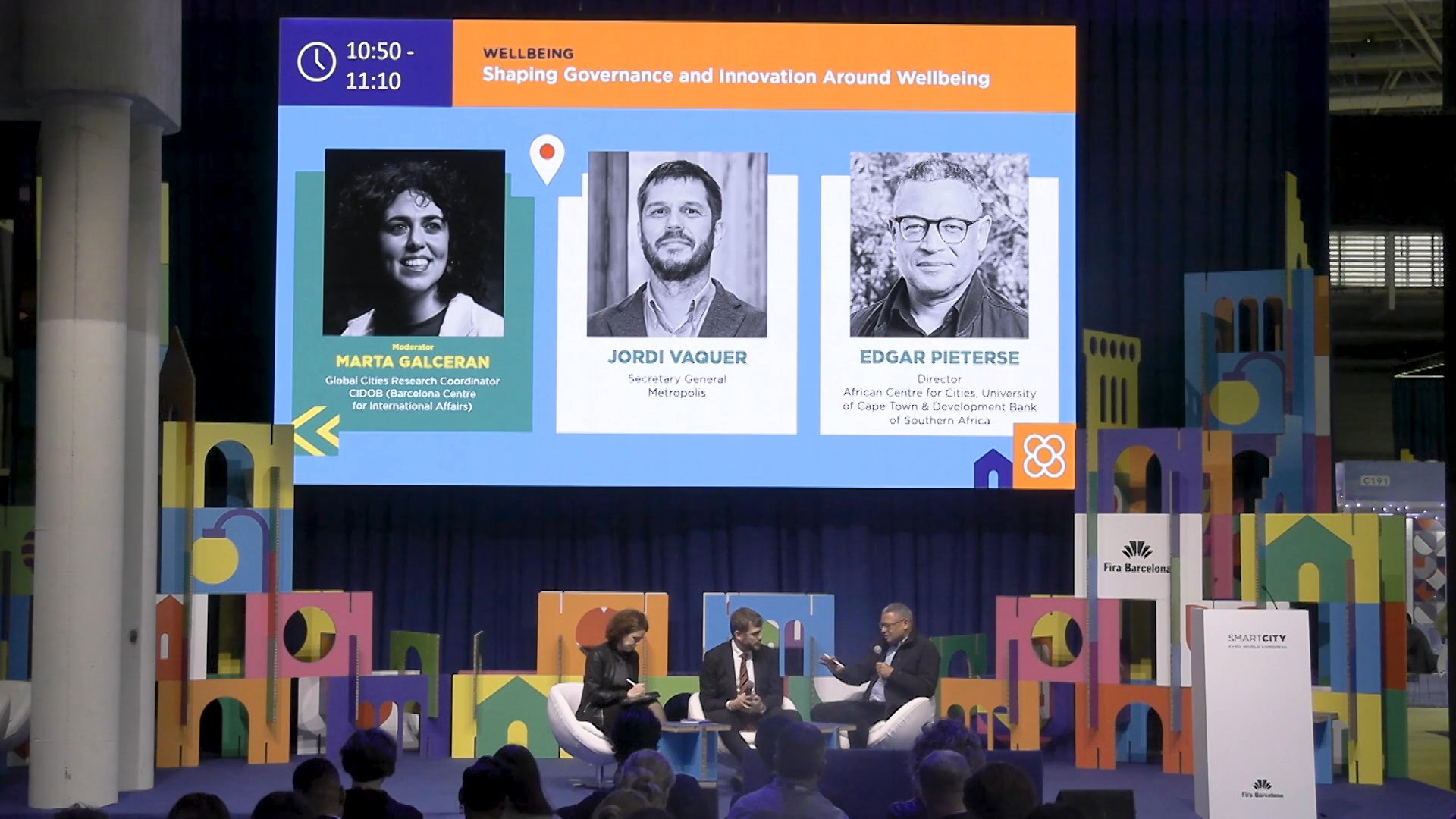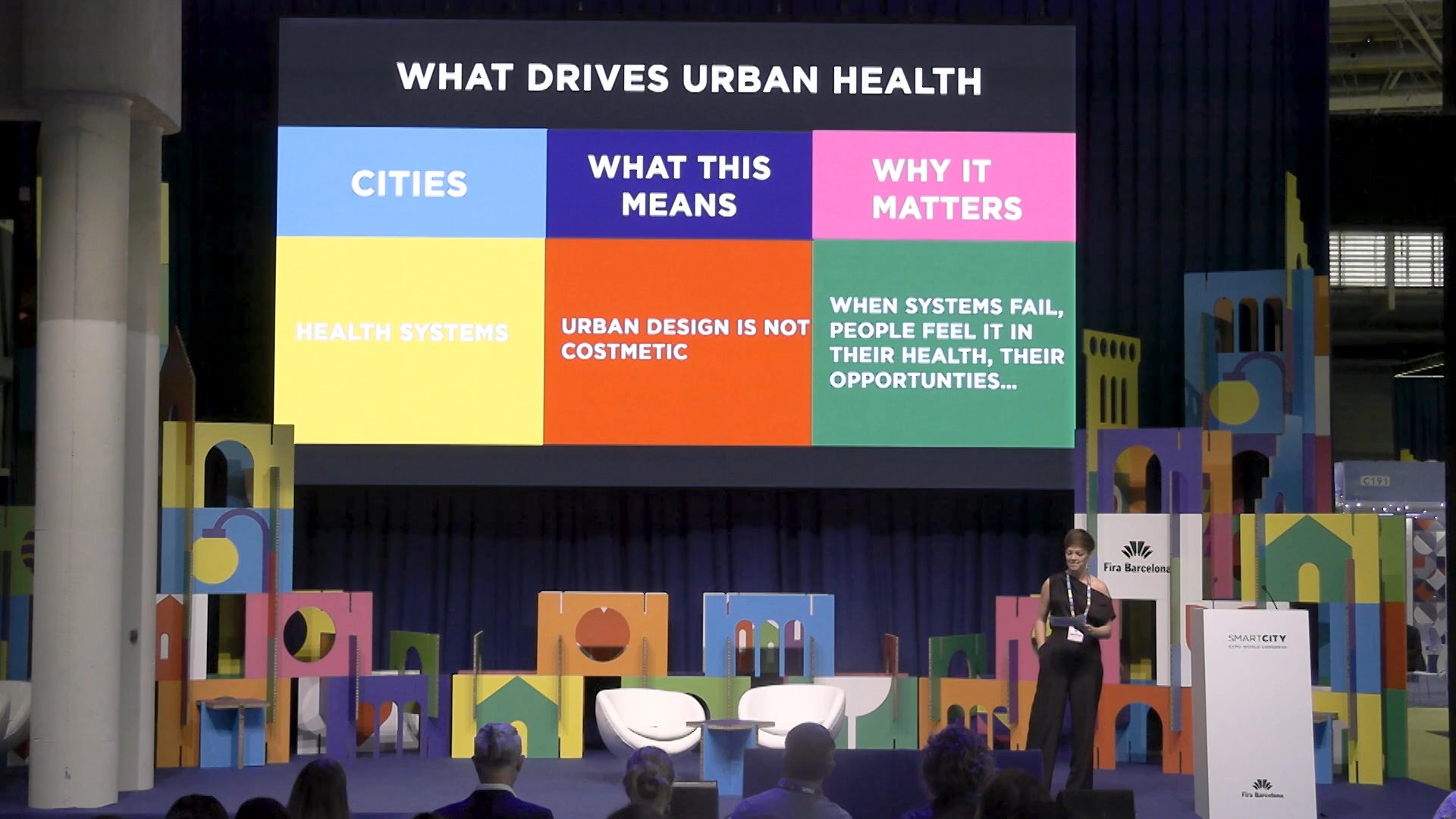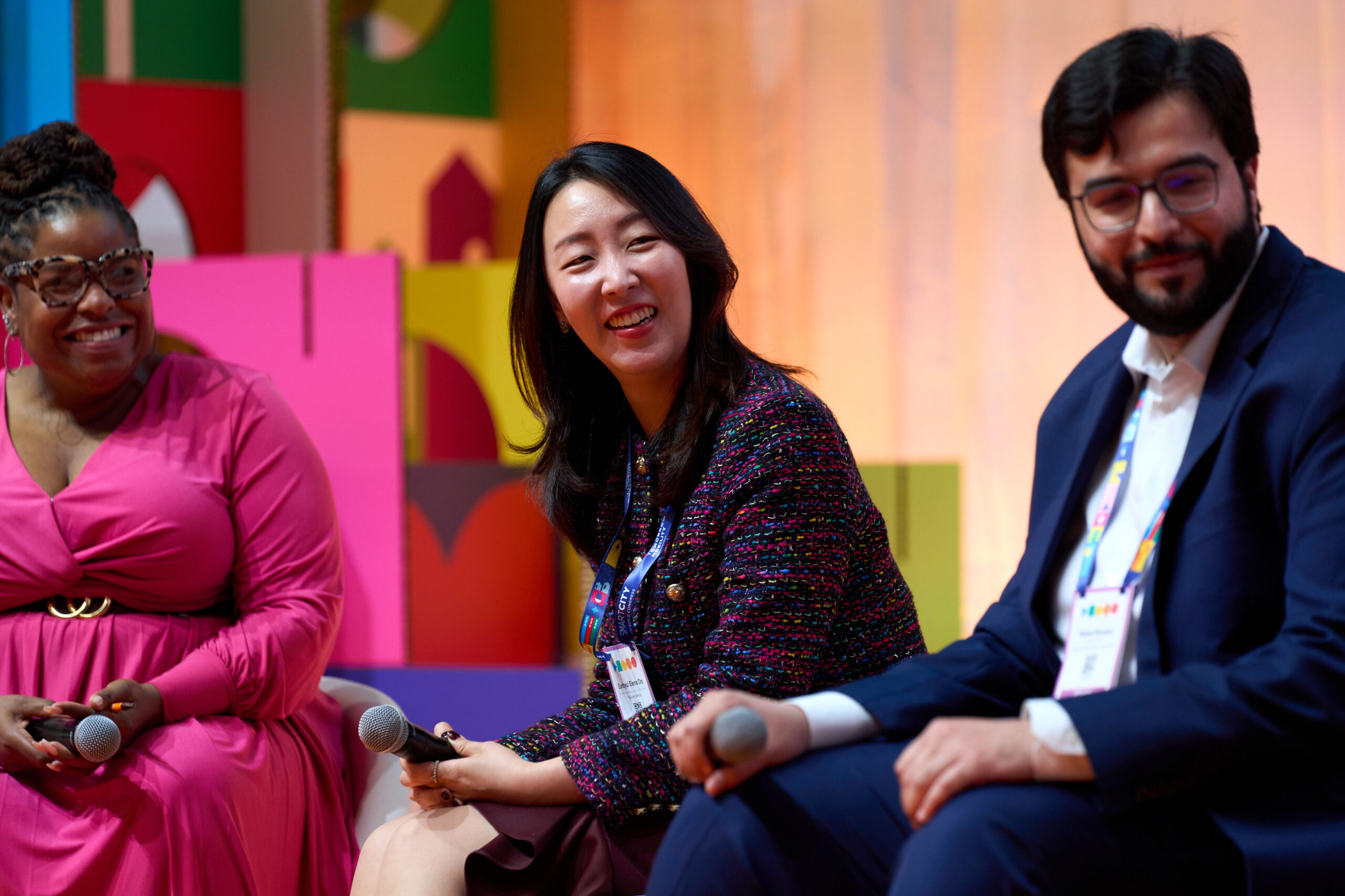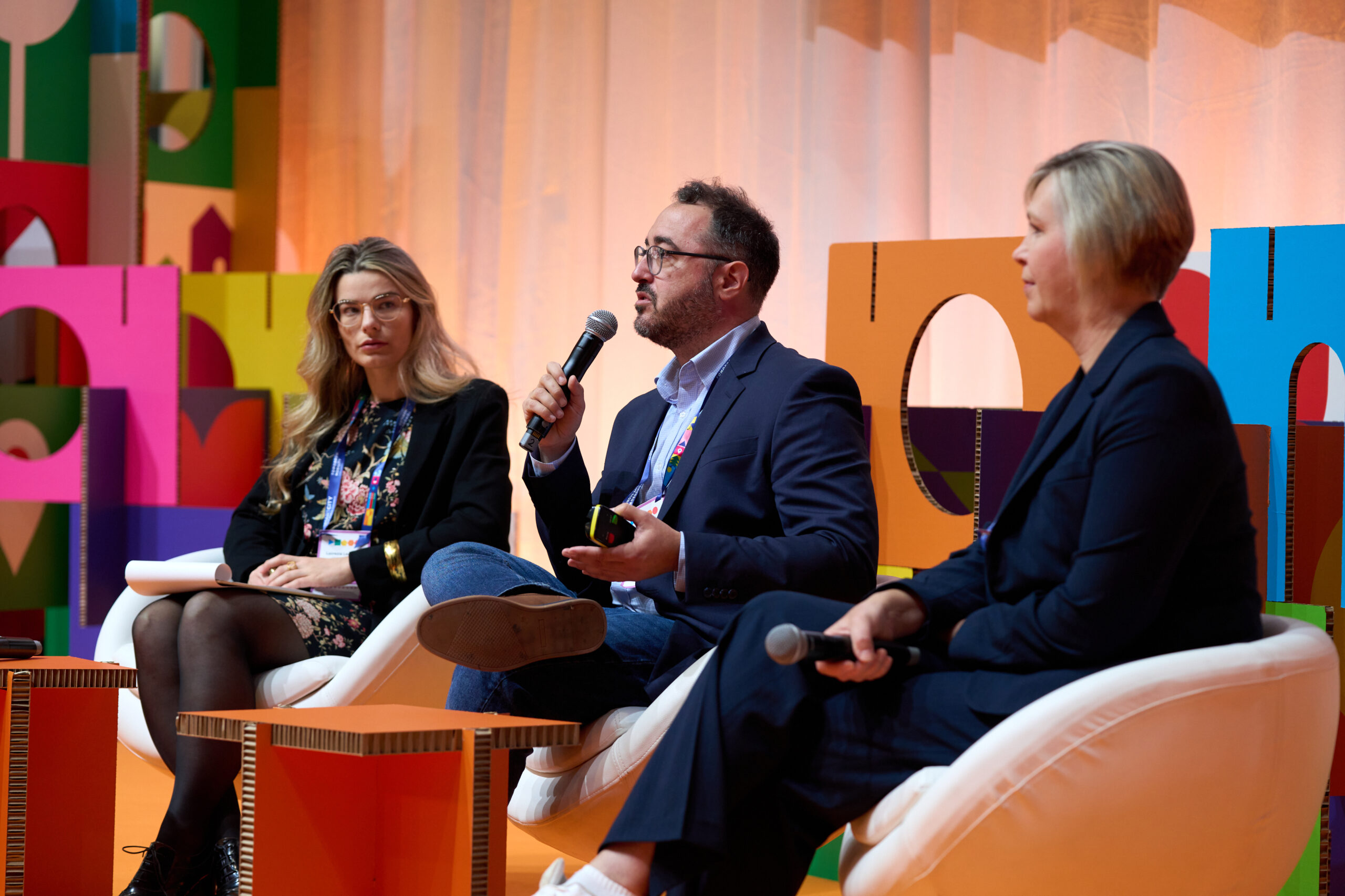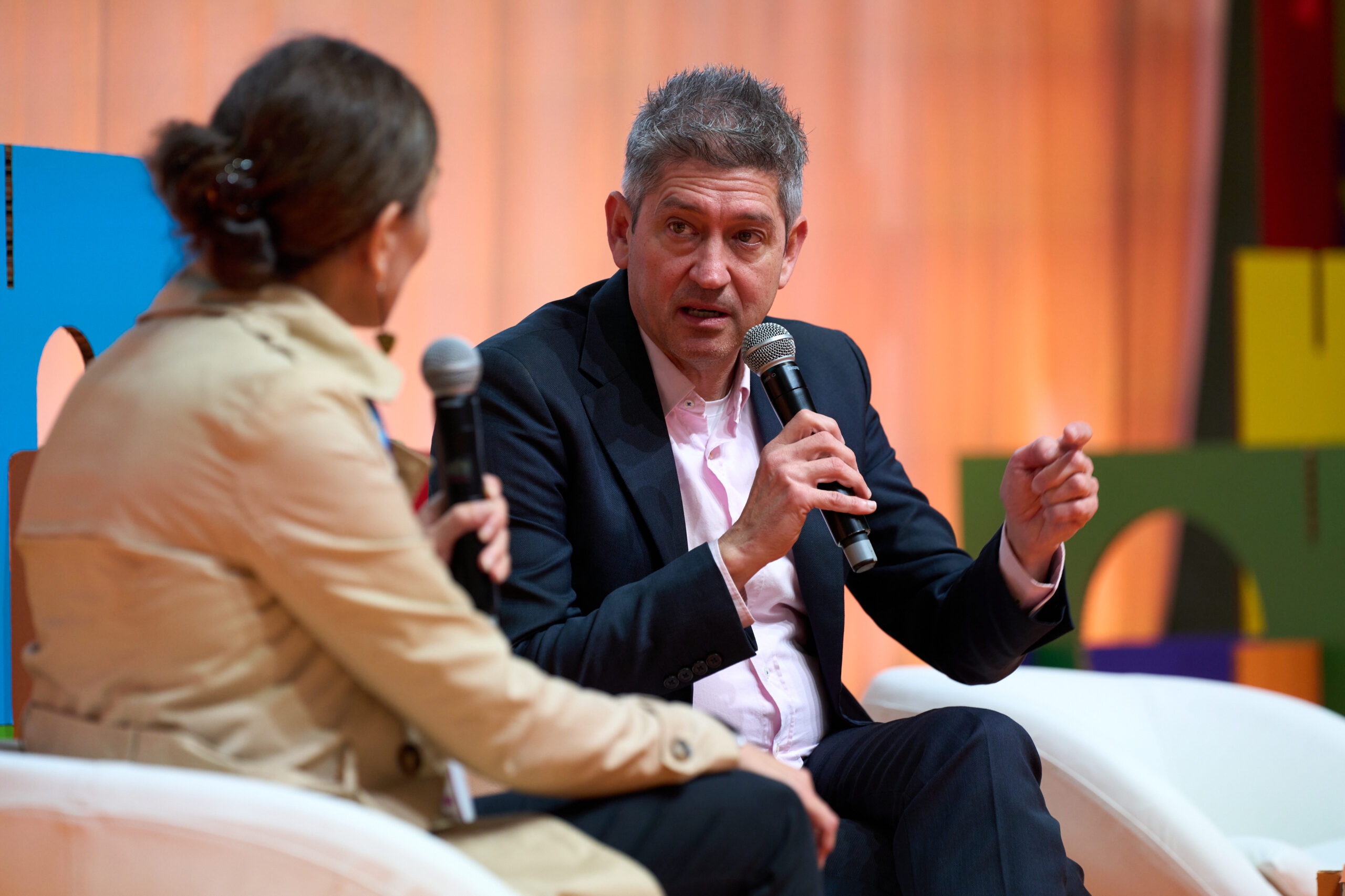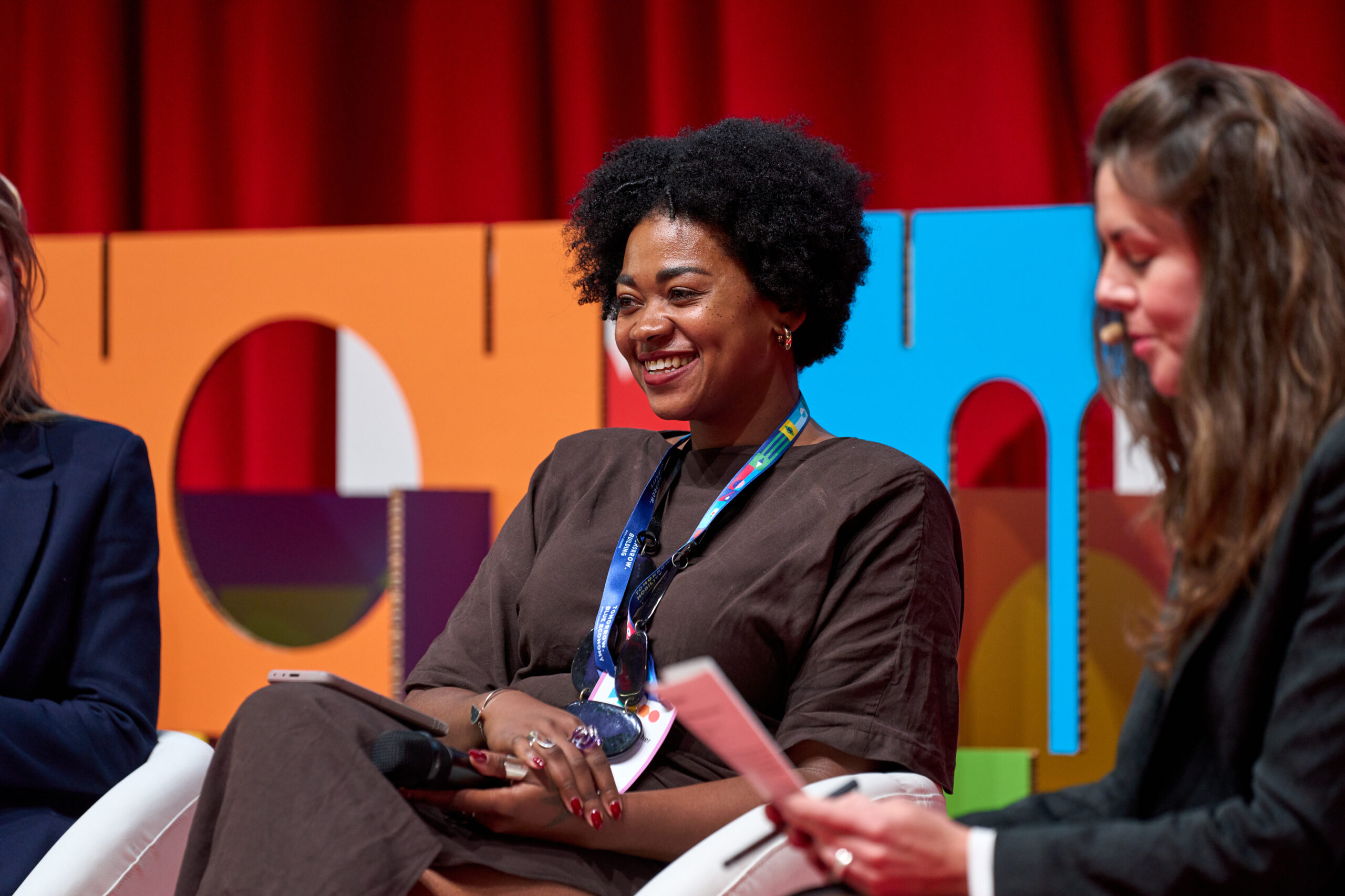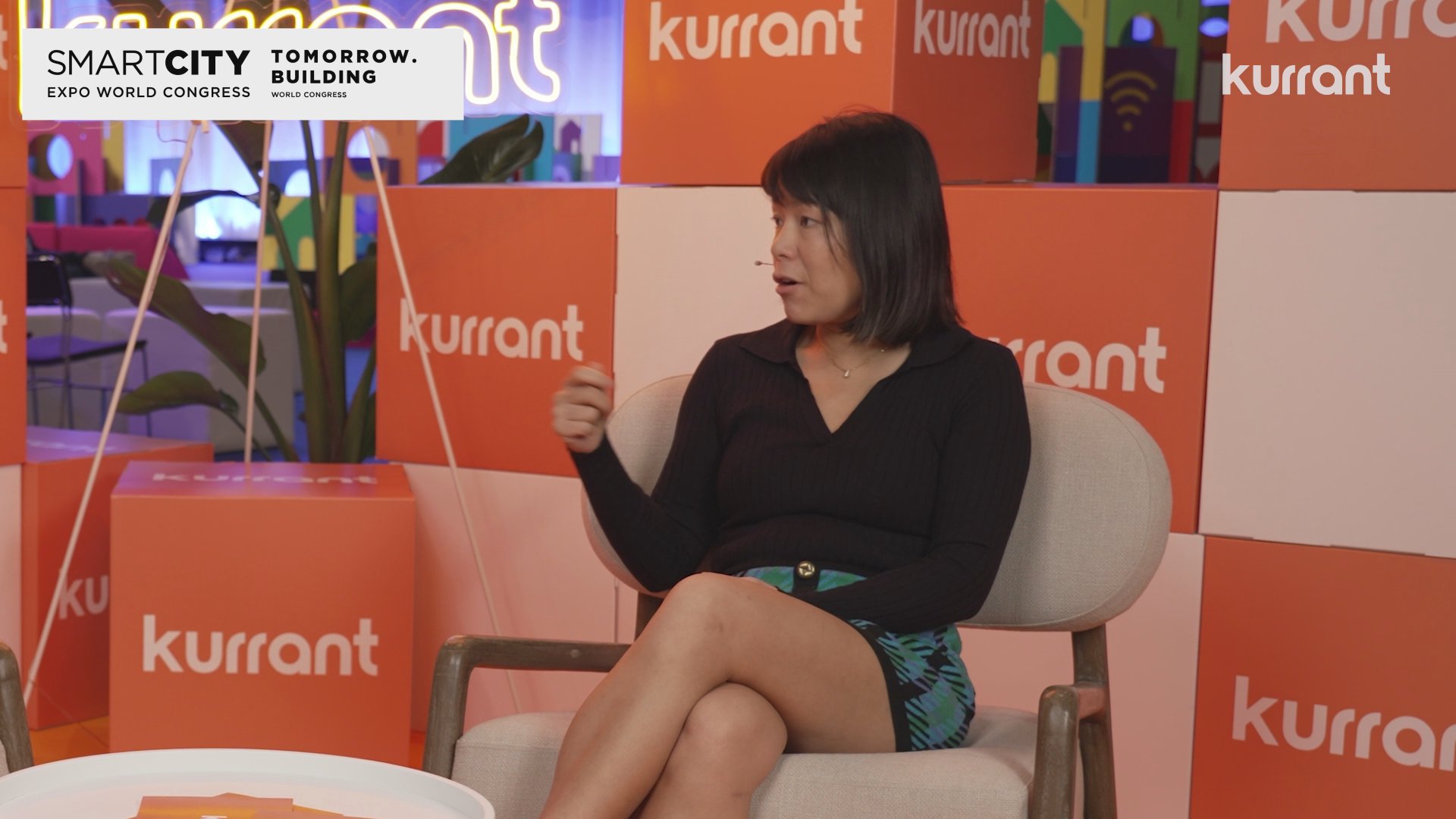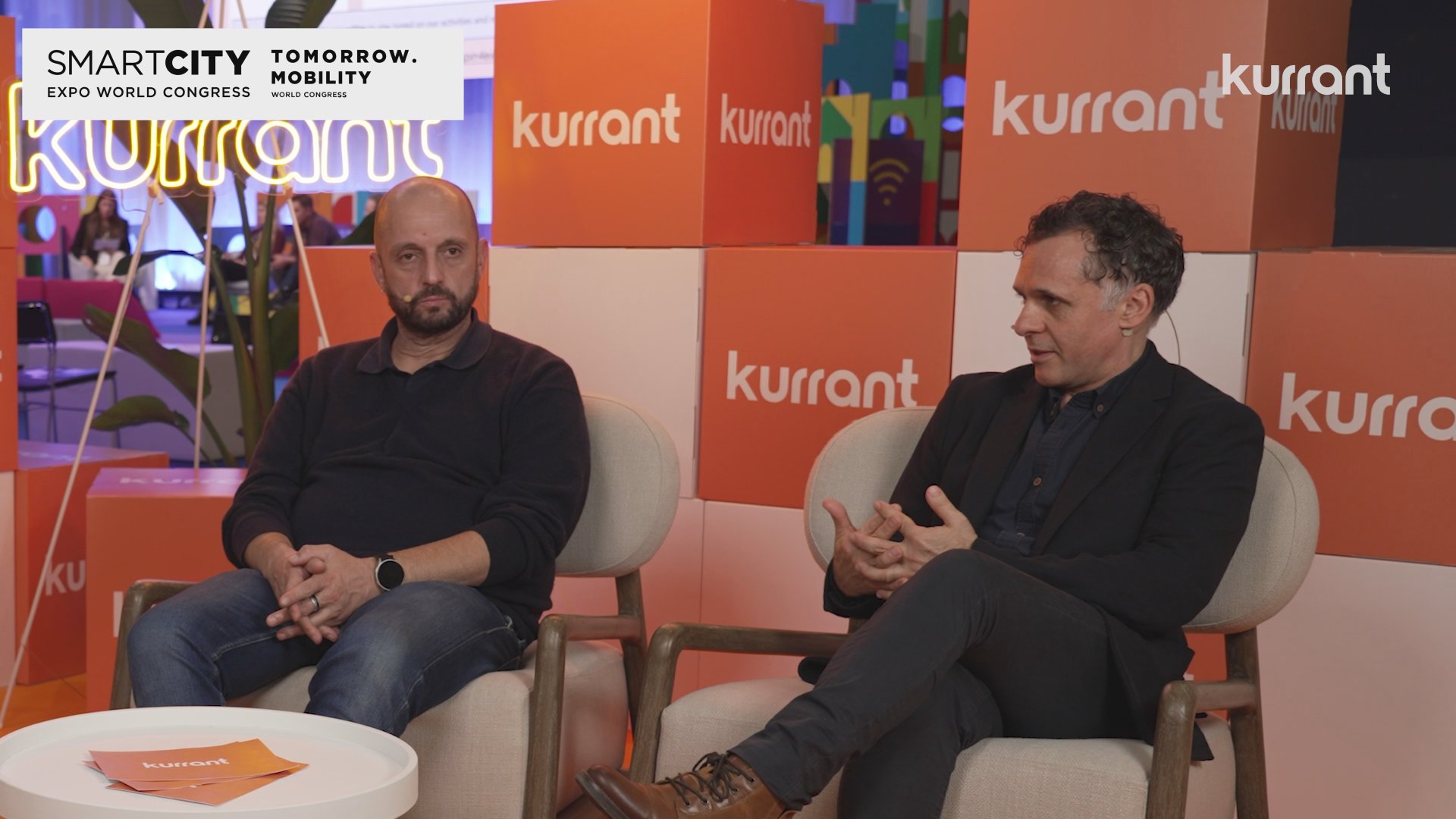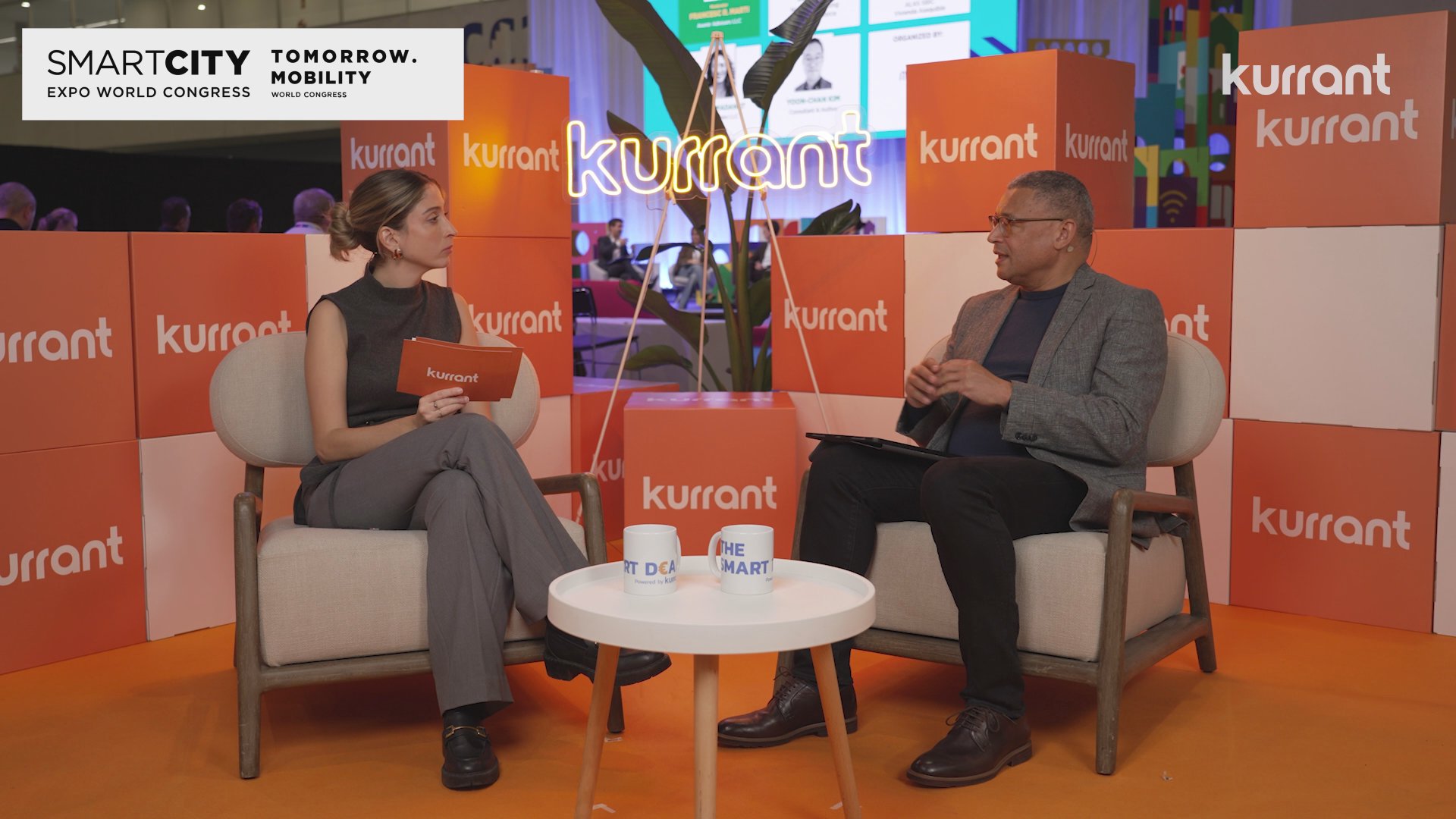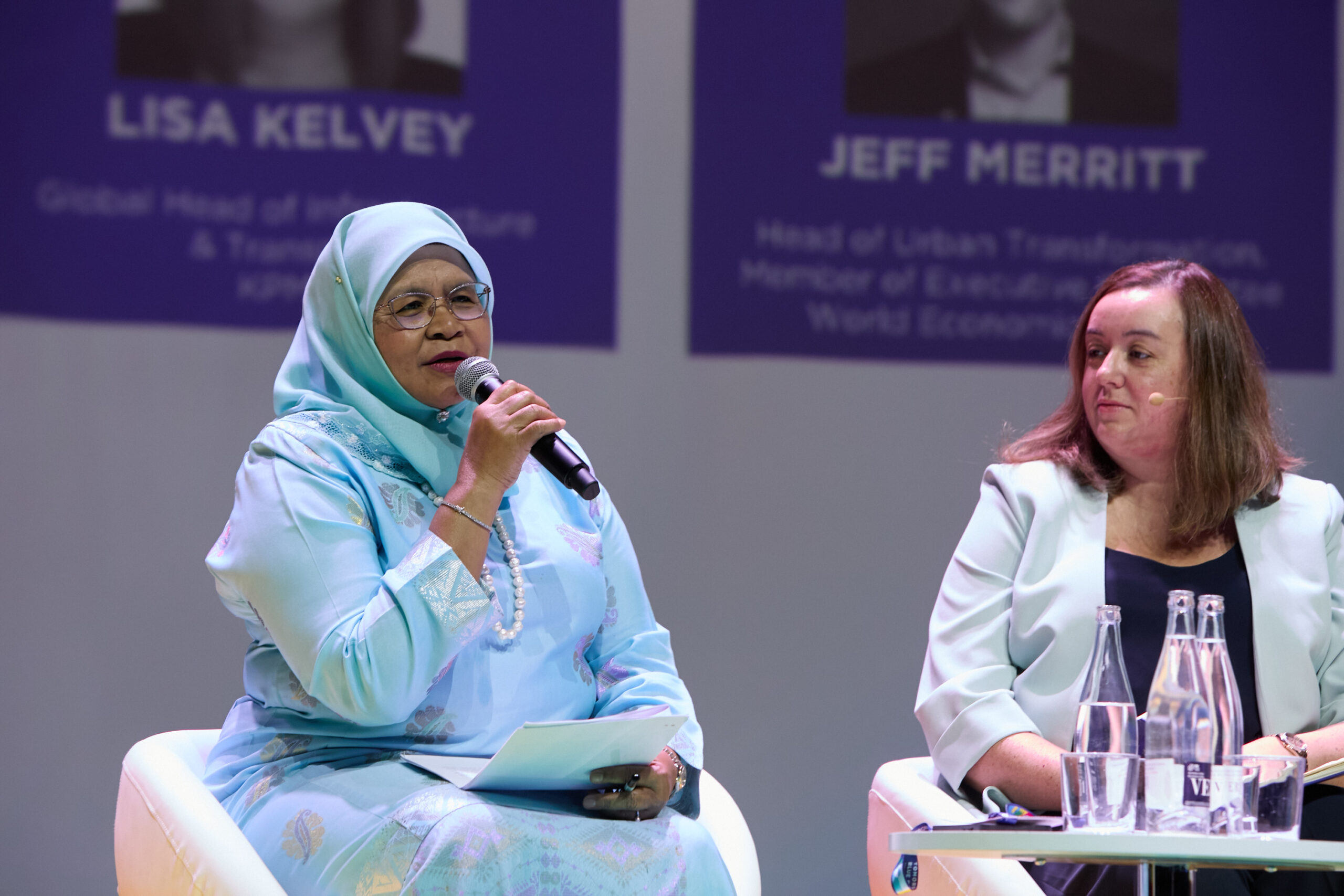How can we promote and transform our cities so they are more accessible, inclusive and resilient?And what is needed to make this vision a reality? We need courage, leadership, clarity and a joint vision in order to create a better future for everyone. Because accessibility and inclusion are not necessarily related to disabilities, since they also affect pregnant women, the elderly, children and young people.Since cities around the world are growing exponentially, the time has come to rethink the urban model we want to enjoy as citizens. It is no longer enough to talk about inclusion; the time has come to talk about radical inclusion. This means governments have to implement efficient public policies, with a flexibility and adaptability that enables society to adapt to the challenges it is facing.Likewise, emerging technologies are catalysts for equity and for ensuring the well-being, dignity and happiness of individuals. An example is the use of the Internet of Things (IoT) to manage traffic efficiently and enhance mobility for citizens, enabling easy access to and around their cities.São Paulo, in Brazil, understood that it needed to break down social, physical and institutional barriers in order to guarantee the inclusion of persons with disabilities, therefore it created the Municipal Secretariat for Persons with Disabilities as the department responsible for projects that promote accessibility and guarantees the rights of these groups. Its projects include the Digital Accessibility Seal, which certifies websites and local electronic portals that meet the accessibility criteria established at a national and an international level, the Libras (sign language) Intermediation Centre , which enables those with impaired hearing, deafness and blind and deaf persons to access any public service in the city; and the “Sin Barreras” Festival – the Barrier-Free Accessibility and Disabled Artists Festival, which aims to present the work of disabled artists while also illustrating the importance of highlighting communication access symbols (sign language, audio description and legends) in all the cultural programmes within the city.Although not all cities have policies focused on inclusion and accessibility, there are key players that are spearheading initiatives to achieve radical inclusion and enable successful experiences to be shared. In December 2018, the “Cities for All” Campaign was launched, coordinated by World Enabled, with the cities of New York, São Paulo, Rio, Chicago, Curitiba, Berlin, Amman and El-Aaiun signing the Global Compact Cities For All – C4All on Inclusive and Accessible Cities. This initiative activates tools and connects central and local governments to develop inclusive urban solutions and strategies based on the principles of non-discrimination, accessibility, participation and inclusive urban programmes, the development of skills and data for development.The signatory cities of Cities For All recognise that the barriers to accessibility and inclusion are diverse. One of the most important is lack of real participation. Very often, authorities do not listen to the people they represent, which includes historically-discriminated-against groups and disabled persons who, together with other minorities, do not take part in decision making and designing initiatives that affect their environment.In order to combat different accessibility barriers, it is essential to use information technologies. If there is not enough information available, it will be hard to identify the scope of the problem or see how different projects truly affect society. Knowledge is power. By conducting real-time data analyses, it is possible to precisely establish the requirements and make the best decisions not just at a municipal level, but even neighbourhood by neighbourhood. However, the use of technologies like IoT and Artificial Intelligence, brings with it significant challenges. For example, the integrity and processing of data, can we verify where they are from? Is the analysis and results of these data unbiased?As the Cities For All campaign gains momentum, World Enabled will conduct a research initiative, the first of its kind, to compare cities in terms of access and inclusion.The Inclusive Cities Index will be the first tool of its kind to classify cities and show a series of innovation examples from around the world. The research is being carried out in collaboration with the Columbia University, the University of California Berkeley and Cornell Tech.
Latin America leading the way to Radical Inclusion
In July 2019,The Smart City Expo LATAM Puebla Congress 2019 (SCELatam 2019) served as a platform for the specialist analysis and discussion on the development of inclusive and sustainable urban policies at a regional level. In this regard, the UN-HABITAT Regional Office for Latin America and the Caribbean, the Smart LATAM Alliance, the City of Puebla, The Association of Mexican Municipalities and Smart Cities (AMMECI), and various municipalities in the region signed the commitment to perform a cross-section evaluation within their urban policies, to include the 6 principles of the Cities For All Global Campaign).These are some of the challenges and opportunities that stood out in the dialogue:
- Insufficient citizen participation Citizens do not tend to take part in urban development programmes, which reduces citizen responsibility.
- Inadequate infrastructure. Urban spaces and services do not take into account the requirements of all the demographic groups, solely benefiting certain sectors of the population.
- Lack of dialogue between government levels. In most cases, information and data are not standardised, which hinders the response and action capacity of local governments, together with transparency and free access to public information
A series of opportunities yet to be exploited were also identified.
- Citizen empowerment. Providing people with tools and open data, enables citizens not only to position themselves in the centre of urban programmes, but also to take an active role in the design and implementation of urban challenges.
- Putting citizens at the centre of public policies and urban programmes. The citizen concept should be redefined in order to have an inclusive scope and take into account the diversity that exists in urban ecosystems.
- Generate reliable, standardised and open data. By having data that can be added, compared and shared, the different levels of government can have complete visibility and pinpoint and prioritise the requirements of local communities. Furthermore, open data allow citizens to help innovate in their communities.
Although the ongoing rapid global urbanisation brings with it significant challenges, it also offers us the chance to rethink the vision of what a city should be for its inhabitants. If governments, civil society and the private sector joined forces, they would have the capacity to design this unique transformation in order to develop cities that are so perfect that their inhabitants wouldn’t have to leave them.What defines the quality of a city is the quality of life of its less privileged citizens. Let’s design cities that promise fulfilment, wellbeing and inclusion for all those that live in them. The Cities For All campaign and the World Economic Forum will continue to foster inclusion and accessibility in the Latin American region, and around the world.
The Joint Way Forward
Cities and partners operate in different contexts and are at different stages in the realization of inclusion and accessibility. In this regard, improving practices and achieving quality standards on inclusion and accessibility requires a multi-stakeholder engagement of which local and regional governments should set priority actions (World Enabled, 2016).To support and accelerate the way forward, the principles and mechanism of the Global Compact on Inclusive and Accessible Cities provide a framework for local and regional governments to begin developing and aligning their urban strategies towards inclusion and includes:
- Signing and committing to the Global Compact on Inclusive and Accessible Cities, in which the city designates a focal point and agency to coordinate and communicate efforts (in many cases this is the City’s Office of Persons with Disabilities or the City’s Secretariat for Persons with Disabilities). Cities are then invited to join the Global Community of Practice on Inclusive and Accessible Cities. The Community of Practice is a space where cities can have a dialogue with other local government leaders and urban actors to exchange knowledge and good practices on inclusive urban development and create partnerships to accelerate their local implementation, development, and evaluation of inclusion and sustainability. Local and regional governments are also invited to share their local practices on inclusive urban development by utilizing and submitting the template form, which will be shared on the Cities4all webpage and among the compact’s network.
- Utilizing the compact’s global survey to analyze their current state of inclusion and identify gaps to be addressed in implementation efforts to build cities for all. During this assessment phase, local and regional governments should engage local civil society organizations, particularly organizations of persons with disabilities and older persons, along with the technical teams within the municipality to incorporate their perspectives on developing capacities. Local and regional governments should also disseminate the principles of the compact locally in the community through awareness raising activities, events, and consultation.
- Benchmarking and monitoring progress by engaging in regular reporting of their efforts to mainstream and implement the compact. This should be undertaken in coordination with other human rights instruments (eg: the Convention on the Rights of Persons with Disabilities). The proposed mechanism for reporting is through the Global Summit on Inclusive and Accessible Cities, assessment through a proposed Global Inclusion Index, and sharing of efforts at the global level through the reporting structure of the Committee on the Rights of Persons with Disabilities, the High Level Political Forum and the World Urban Forum.
An extense endeavour with ambitious goals, no doubt, but only meeting those conditions we’ll be able to reach inclusivity goals that otherwise would be barely visible after so many years of just trying.Adapted from Inclusión radical: un nuevo paradigma urbano (World Economic Forum)Authors | Karime Kuri Tiscareno | Project Lead, IoT, Robotics and Smart Cities, Centre for the Fourth Industrial Revolution, World Economic Forum | Luis Artieda | Research & Development Coordinator, World Enabled | Victor Pineda | President, World EnabledPhotos | Anna Dziubinska, Kevia Tan, Jezael Melgoza
